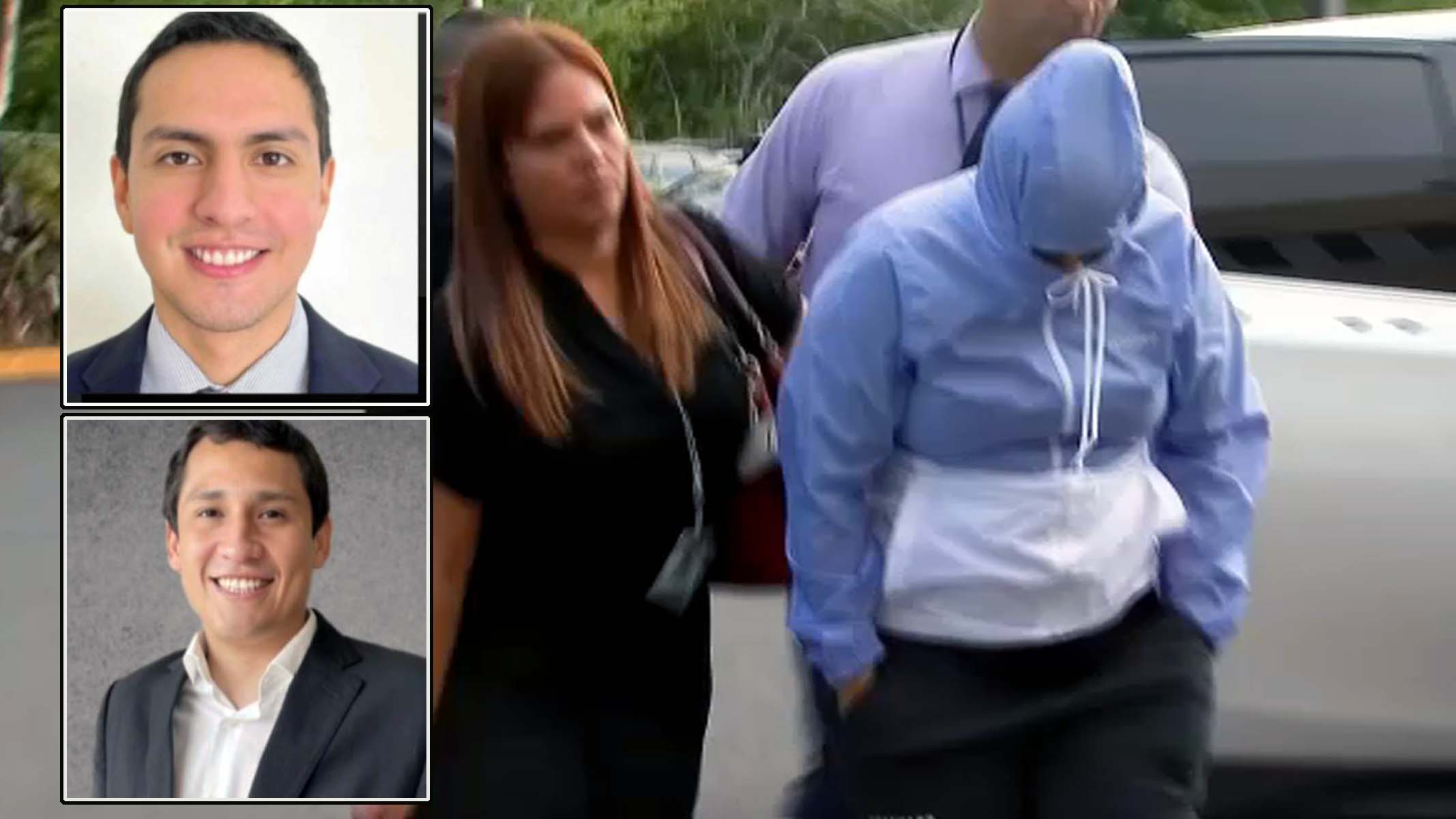What to Know
- 30-year-old Jordan Neely died on a train at the Broadway-Lafayette station in Manhattan on May 1 after allegedly threatening passengers and being put into a chokehold by a rider; that rider, identified as 24-year-old Daniel Penny, was questioned by the NYPD and later released from custody
- The medical examiner’s office ruled Neely’s death a homicide the next day, which incited a debate around whether the rider’s actions were justified defense or vigilantism; the Manhattan district attorney’s office has said it is looking into the case
- Multiple protests have taken place in Manhattan since Neely’s death and dozens arrested; Mayor Eric Adams made his most substantial public remarks in a brief press conference Wednesday
The subway chokehold death of Jordan Neely in Manhattan last week has stoked national controversy, and Mayor Eric Adams, who has been accused by some of not weighing in substantially enough, has formally addressed it publicly.
The Democrat’s tweet announcing the start of his Wednesday remarks sought to make his position clear: “Jordan Neely did not deserve to die.” They come a day after the White House released its first statement on the case ahead of the president’s fundraising trip to New York. A spokesperson called Neely’s death “tragic and deeply disturbing.“
Neely, 30, died on the floor of an F train car after being put in a chokehold at the Broadway-Lafayette station May 1. It was the middle of the afternoon. He allegedly had been threatening other straphangers and 24-year-old Daniel Penny, a former Marine, stepped in. He is the one seen in the video with his hands around Neely’s neck.
The NYPD questioned him the day Neely died and later released him from custody. The next day, the medical examiner’s office ruled the case a homicide, igniting a firestorm around Penny, who was declared a murderer by some of the same people who hailed him as a good Samaritan for his actions less than 24 hours prior.
Public outrage has intensified in the days since, with protesters demanding accountability for the homicide, as the city determined it was. Penny’s lawyer says he was justified.
The Manhattan district attorney’s office has said it is looking into the case. Two sources familiar with the matter say Alvin Bragg won’t make a decision on whether or when to protest a possible case until later this week. In the meantime, dozens have been arrested in seemingly escalating protests as the city awaits his decision.
A Molotov cocktail was seized at Monday night’s protest, the latest in a series of demonstrations that saw mass transit disrupted over the weekend. While affirming the right to peaceful protest, top NYPD officials issued a stern warning.
“We understand why people want to elevate their voices and protest. And we support that people have a right to speak up when they believe an injustice occurs. But we cannot have people coming out to protest bringing dangerous substances like this,” Maddrey said of the firebomb. “We just really ask our communities, or people who want to come out and elevate their voices, not to engage in that kind of behavior. They could hurt themselves. They can hurt members of the department, co-protesters and innocent people. And it’s going to really defeat the purpose.”
That weapon, in particular, evoked memories of the 2020 George Floyd summer protests that saw flaming bottles thrown at the windows of NYPD cruisers, hundreds arrested and dozens of NYPD officers cited for misconduct.
Adams has seemed to suggest that any unrest was the fault of the protesters, and pointed the finger at “agitators from outside our city, which was the case, officials have said, in the summer of 2020 after Floyd died.
Jordan Neely Chokehold Death Sparks Debate
The growing outcry for justice has been bolstered by many who say they are angry and fed up with a system that failed Neely, who was living on the streets, performing as Michael Jackson while battling mental illness.
At the same time, others point to a lengthy criminal record for Neely, one that includes allegations of criminal trespassing, disorderly conduct and assault, including within the city’s transit system, reports have said.
For his part, Penny’s attorneys say he “never intended to harm” the homeless Neely, saying he “could not have foreseen his untimely death.” Neely’s family called that an “admission of guilt.” They say New York abandoned him.
“Mr. Neely suffered from mental illness which began at age 14 when he experienced the brutal murder of his mother. It is a tragedy for all of us to know that Jordan Neely’s life was also cut short. Mills & Edwards is committed to holding accountable the MTA and Neely’s killer,” his family’s attorneys said in a statement.
In previous remarks, Adams had said the incident underscores what he says is a need to remove people with mental illness from the transit system — a push he began with Democratic colleague Gov. Kathy Hochul in the early days of his administration. Hochul has said she is pleased the district attorney’s office is investigating.
During the deadly chaos, witnesses and sources allegedly said Neely was acting aggressively on the F train. They said he was hungry, thirsty and didn’t care about going to jail, but had not attacked anyone before Penny put him in the chokehold. The NYPD and other officials have asked the public to submit any footage or images that may assist.
Neely is expected to be laid to rest later this month. Funeral arrangements have yet to be released.
More News
This story uses functionality that may not work in our app. Click here to open the story in your web browser.



0 Comments